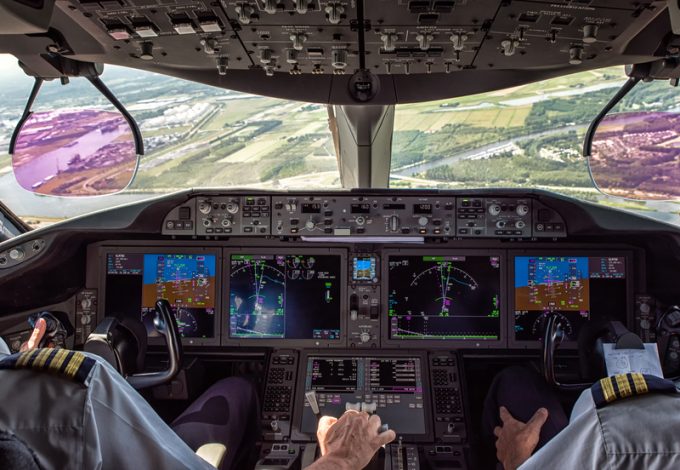List of blanked transpac sailings grows as trade war heats up and demand cools
** EDITED AT 17:19 BST ON 09/04/25 TO INCLUDE COMMENT FROM ATLAS AIR, AND AT ...

Potential new rules covering the performance records of pilots may be tougher than necessary, it was claimed this week.
The proposed changes follow the US National Transportation Safety Board (NTSB) report this month on the fatal crash of an Atlas Air B767 freighter on its approach ...

Comment on this article